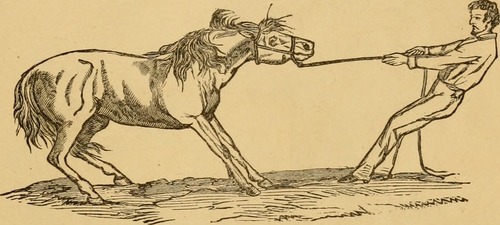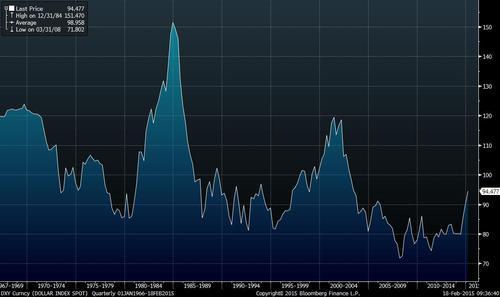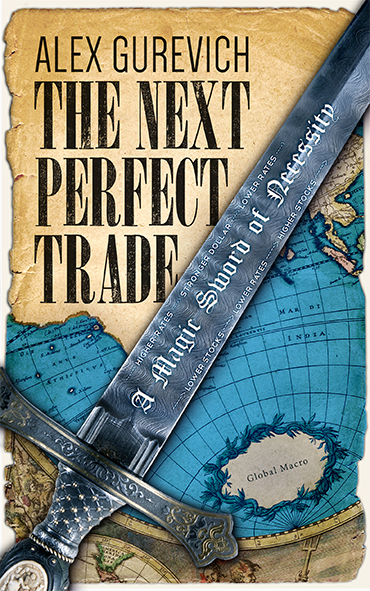
Comical failure – this is how I would describe the quest for 2% inflation by the developed world central banks.
So what is the Fed thinking, as it is gearing up to tighten?
In my post on February 8th and during my appearance on Wharton Business Radio @BizRadio111 on February 13th, I have argued that imminent tightening is the most likely scenario. I have focused on what the Fed will do.
Now I find myself drawn into the discussion of what the Fed should do. This question might be less important for short horizon trading, but it bears a lot of weight when you consider long-term policy implications.
Is the Fed too easy? Should we worry about inflation and asset bubbles?
Is the Fed too tight? Should we worry about deflation and recession?
Or are we in a perfect balance leading into a perpetual Goldilocks scenario?
Essentially, the Fed is trying to achieve maximum prosperity (whatever that means), while maintaining price stability.
The developed world somehow has accepted that price stability means 2% inflation. If we regard this notion as a starting axiom (or as a religious dogma), I believe the Fed is wrong.
Indeed, I see little indication that we are heading towards 2% inflation in a tightening environment. The USA has made a decent progress on growth and employment. But does this guarantee inflation?
I am not arguing against the fact that wage pressure could be inflationary. I am just not sure that there is a causality between economic growth and wage pressure. There certainly has been some concurrence of those things in the 20th century. But now we don’t see this concurrence. Why should we assume the causality?
My opinion is that labor having negotiating power was an idiosyncratic 20th century phenomena. Technology and globalization are leading to deep labor redundancy and increasing power of dynamic capital.
But even if I am wrong, and there is some wage pressure looming on the horizon, do we not have some serious offsetting factors? Rising dollar? Pull-back in commodity prices? Deflationary threat from China slowdown?
I am not alone in being “inflation skeptic”. And most people, who think this way, conclude that The Federal Reserve is about to make a mistake.
However, my own argument is making me see the other side. If I believe in unlimited technology-driven growth and labor redundancy, why should I believe in the 2% inflation target?
And is deflation really so corrosive? It was in Japan, but that was a different century. The risk of deflation is that people and businesses will wait to buy goods hoping to get a better deal in the future.
Are you waiting a few years for I-Phone 12? No, enough of us are buying any new tech as soon as it hits the market. Even if we know it will be 10 times cheaper and better in a couple of years.
The technology cost overall has dropped below the threshold when the utility of having always outweighs the utility of waiting,
One might argue: technology is not the whole economy. Well, some other areas of economy (like housing market!) could use a bubble control on occasion.
I do not have a firm conviction, but I have a strong suspicion: 21st century economy has capacity to grow without inflation. And in such robust growth environment the fiscal problems can be solved without resorting to inflating out of debt.
In this case there is a possibility that 1.6% inflation in the USA a sign of significant overheating. In this case the Fed does need to raise rates!
But what about the dollar strength? One could go both ways on this. Dollar has momentum, but it is not extremely strong by historical measures.

And The United States might be now in the unique position of strength, warranting even further currency appreciation.
I do think the Fed will raise rates. And I do think we will slide into a new recession thereafter. But I am not sure the future recession will be the fault of the central bank.
It is possible that making two wrong assumption (wage pressure and 2% target), the Fed will stumble into the new price-stability.


